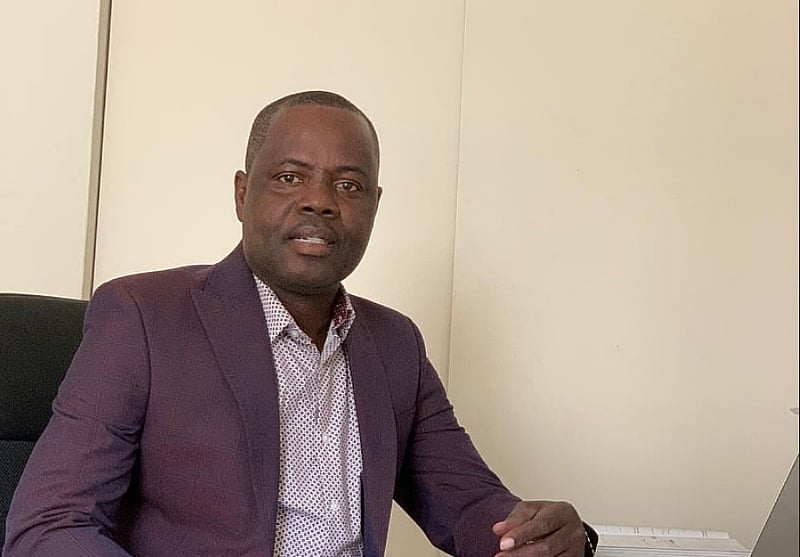Ghana is blessed with visionary and energetic leaders capable of transforming the nation, yet many have prioritized personal interests over national progress. Poor governance has escalated poverty, and excessive government size has drained national resources without yielding tangible results. In 2017, President Nana Akufo-Addo appointed 110 ministers, despite previously criticizing former President Mahama’s 84-minister administration. In contrast, Mahama’s 2025 government promised a leaner administration, capping the number of ministers at 60, with 42 ministers sworn in as of February 2025. The drastic reduction raises questions: Did Ghana benefit from a larger government under Akufo-Addo? Can a smaller administration be more efficient?
Beyond the executive, Ghana’s Parliament is overcrowded, with MPs often prioritizing self-interest over national development. Parliamentary debates frequently consist of fruitless opposition, where meaningful policies face resistance. Infrastructure remains neglected, with persistent power outages (Dumsor), poor roads, and unstable water supply. Some MPs even resort to protests over governance issues, neglecting their core duties. Ghana’s number of lawmakers surpasses that of the United States, yet legislative impact remains minimal. To reduce government waste, the country must downsize parliamentary seats and streamline leadership structures before expanding again based on actual performance.
Resetting Ghana’s Leadership Fostering National Development
End Tribal and Party Politics – Nationalism must replace tribal centrism and party loyalty, fostering unity over division. Regional Reorganization – Align political representation with regional needs to improve governance efficiency. Restructure Campaigning – Limit excessive political rallies to four major regions, reducing campaign spending. Encourage Innovation – Support startups, research, and entrepreneurship to modernize industries. Invest in Talent Development – Expand creative industries, technology, and education to unlock potential. Redesign Education – Shift from theoretical learning to practical training, addressing real-world issues like Dumsor. Upgrade Governance Systems – Digitize government services for efficiency and transparency. Foster Ethical Leadership – Promote accountability, integrity, and productivity among public servants.
Strengthen Local Industries – Drive economic independence by advocating for Ghanaian-made goods.
Restore Hope in Leadership – Leaders must prioritize citizen welfare over personal gain, eliminating corruption from governance.
These enlightenments are so salient that embracing modern leadership principles, ethical governance and economic transformation, Ghana can reset its political landscape and propel itself toward sustainable national development to benefit all citizens, but not some or few.
By
Gaddiel R. Ackah
[email protected]
U.S. Navy veteran. Lives in U.S.A.
Social Advocate for economic independence, spiritual growth and ethical leadership. His work spans education, business, spirituality, leadership and creative arts, making him a multifaceted influencer.
Author of Many Leadership and Inspiring books.
Competent Leadership: Becoming Successful Our Happiness. Some Choices Matter Respect Matters Faith Wipes Tears The Power of Faith


